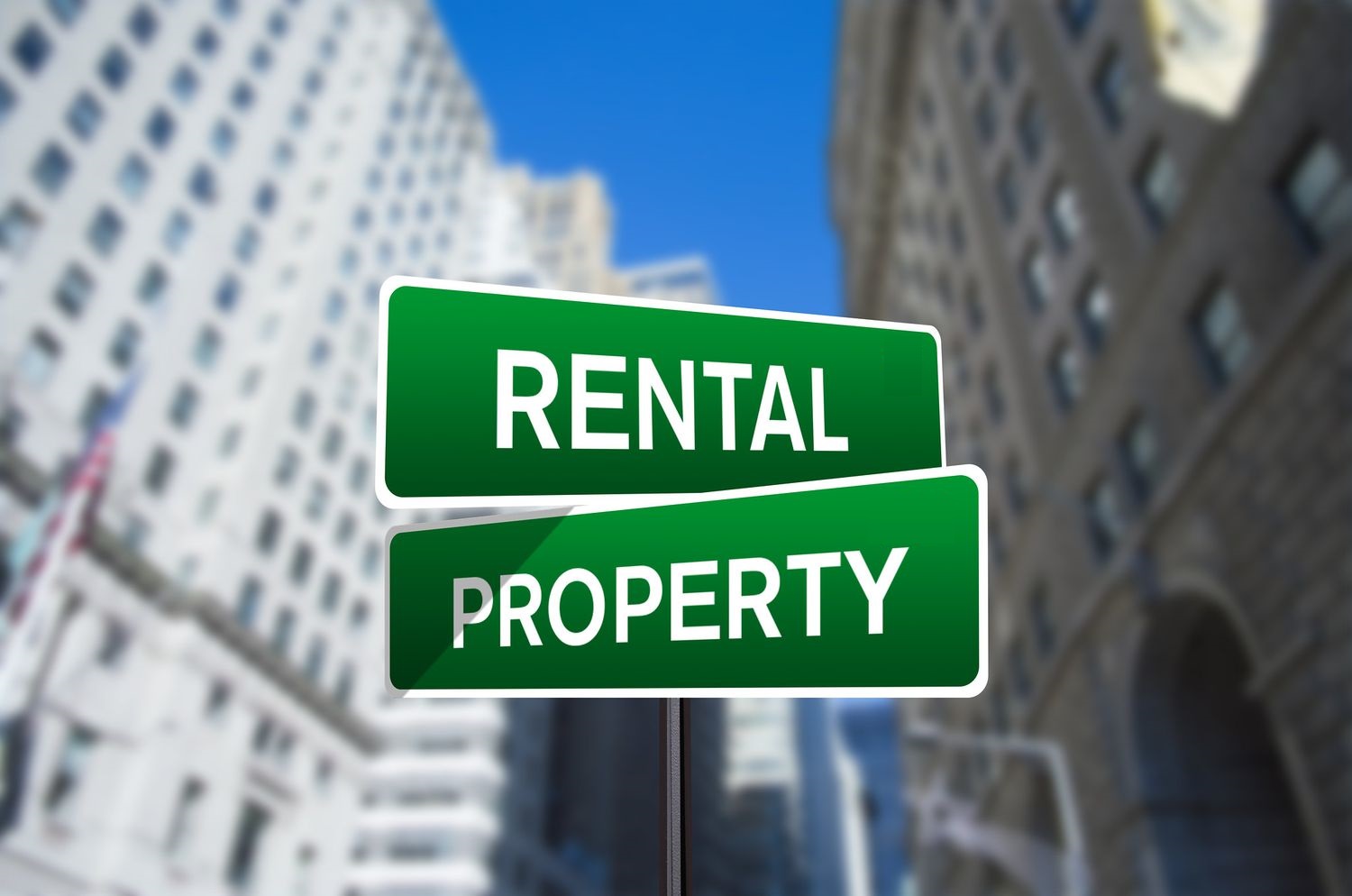7 Things to Do Before Selling Your House
Posted by Jag Sidhu PREC* on

Preparing to sell your home is more than listing and hoping for the best. The time before your property hits the market is critical—it’s your opportunity to make a strong first impression, avoid costly mistakes, and maximize your selling price. Below are seven essential steps to take before putting your home up for sale.
1. Choose the Right Real Estate Agent Early
Your agent is your guide, strategist, and negotiator throughout the process. Meeting an experienced, trusted real estate professional before you do any major work or listing makes sense. A good agent will:
• Help you gauge which repairs or updates will truly add value versus those that won’t.
• Provide a comparative market analysis (CMA) to help you set a realistic asking…
82 Views, 0 Comments





.jpg)




